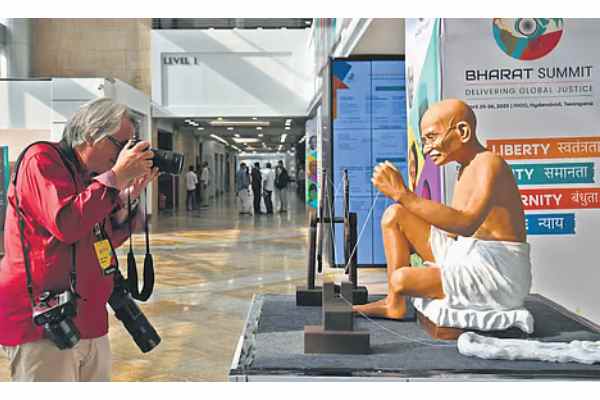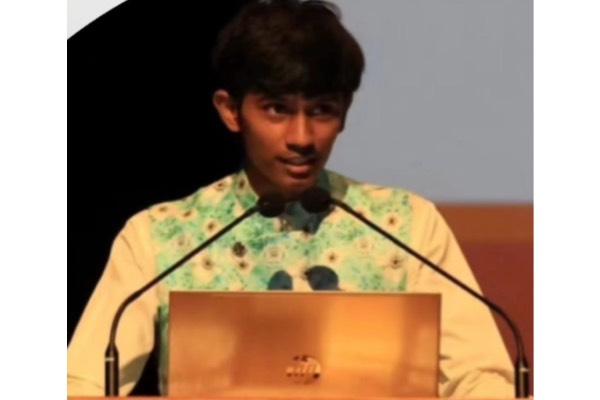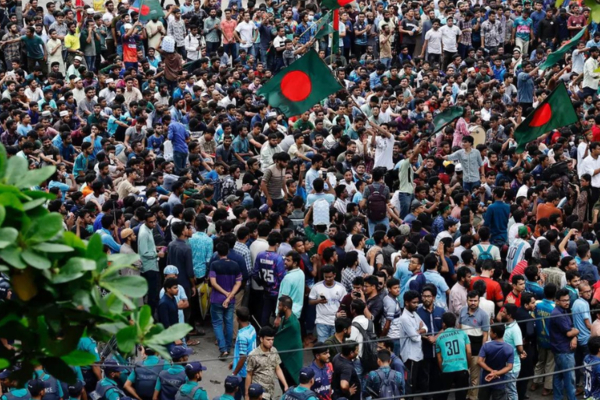Dhaka, Bangladesh: Hundreds of students took the streets to protest against the recent reinstatement of a quota system for government jobs. The Bangladesh High Court has restored a 30% job quota for descendants of those who fought in the country’s 1971 war of independence.
Demonstrators gathered outside the Vice Chancellor’s residence at Jahangirnagar University (JU) on the outskirts of Dhaka. Clashes erupted when members of the Bangladesh Chhatra League (BCL), the student wing of the ruling party, allegedly attacked the protesters.
The students aren’t opposing all quotas, accepting those for marginalized groups like women, minorities, and people with disabilities. Their main contention is the 30% reservation for freedom fighters’ descendants.
Protesters argue that government jobs are often the only hope for young people, and this extensive quota system severely limits opportunities for the general youth population.
The situation escalated dramatically, with reports of nearly 400 students injured and five fatalities in clashes between protesters and supporters of the ruling Awami League party. Three were killed at Port City, one was killed in the northern city of Rangpur and one student was brought dead to the hospital by the students to Rangpur Medical College Hospital.
The protests began on Monday but intensified by Tuesday. Abdullahi Kafi, a senior police official, stated that law enforcement used tear gas and rubber pellets to disperse the crowd after it turned violent and allegedly attacked police officers. On Tuesday rival groups marched in the key locations in the capital city, leaving 20 million grounded to halt.
Authorities deployed paramilitary forces, Border Guard Bangladesh (BGB) in five cities including Dhaka and Chittagong.
This unrest highlights the growing tension over job opportunities and quota policies in Bangladesh, sparking a national debate on fairness in government hiring practices.
-Sanyogita

































